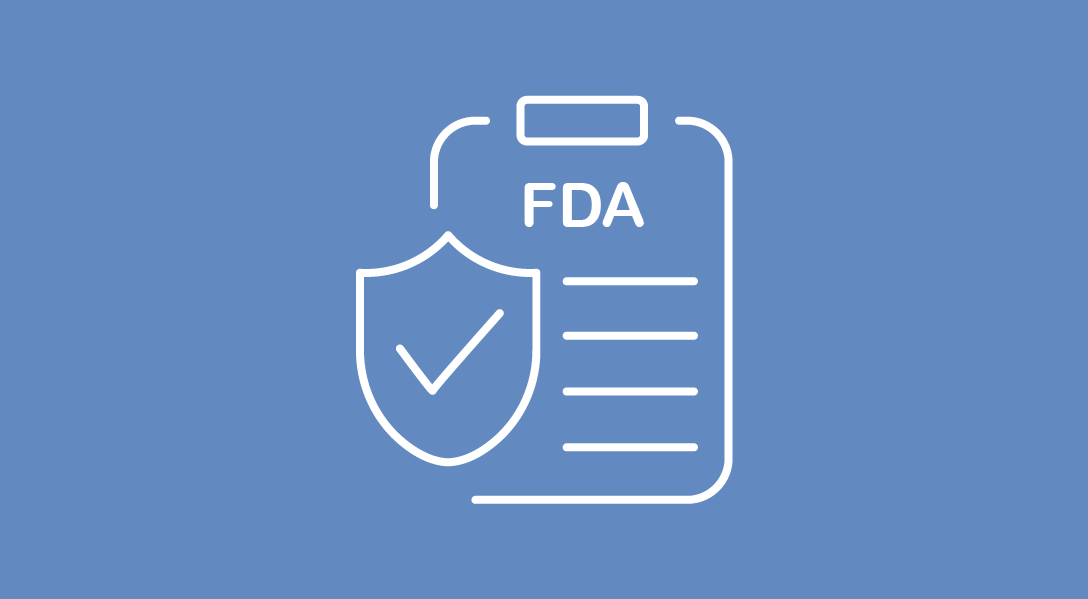
The ready-to-dilute formulation of Tepylute for breast and ovarian cancers can help to reduce prep time and provide more accurate dosing.

Alpha-Emitting Radspherin Receives Fast Track Status for Peritoneal Carcinomatosis From Ovarian Cancer

The ready-to-dilute formulation of Tepylute for breast and ovarian cancers can help to reduce prep time and provide more accurate dosing.

Compared with placebo, first-line rucaparib maintenance therapy maintained a PFS benefit at 4 years in newly diagnosed advanced ovarian cancer.

Patients with recurrent ovarian cancer did not derive a benefit from adding atezolizumab to chemotherapy and bevacizumab.

Adding retroperitoneal lymphadenectomy to cytoreductive surgery did not improve survival in advanced ovarian cancer.

Postmenopausal women who had undergone hysterectomy and received treatment with conjugated equine estrogen alone had an increased incidence of ovarian cancer and mortality rates.

Patients with platinum-resistant or -refractory epithelial ovarian cancer treated with olaparib plus cediranib did not experience improvements in PFS and OS compared with chemotherapy.

Further evidence strengthens the support of mirvetuximab soravtansine as a new standard of care for folate receptor-alpha—positive ovarian cancer resistant to platinum chemotherapy.

Compared with placebo, first-line niraparib maintenance was not linked with worsened health-related quality of life outcomes in patients with advanced ovarian cancer.

The FDA granted an orphan drug designation to avutometinib either alone or in combination with defactinib for recurrent low-grade serous ovarian cancer.

Patients with FIGO stage IV ovarian cancer did not experience additional complications or worse survival with HIPEC compared with those with stage III disease.

Patients with recurrent ovarian cancer with BRCA-mutated and/or BRCAness phenotype did not derive a survival benefit with trabectedin when compared with chemotherapy.

Patients with stage III epithelial ovarian cancer treated with hyperthermic intraperitoneal chemotherapy plus interval cytoreductive surgery had improved progression-free survival and overall survival.

FDA granted a fast-track designation to the TROP2-directed ADC BNT325/DB-1305 for the treatment of platinum-resistant ovarian epithelial, fallopian tube, or primary peritoneal cancer.

A priority review has been granted by the FDA to trastuzumab deruxtecan for the treatment of unresectable or metastatic HER2-positive advanced solid tumors.

RC88, a mesothelin-targeting antibody-drug conjugate, was granted a fast track designation from the FDA for the treatment of platinum-resistant recurrent epithelial ovarian, fallopian tube, and primary peritoneal cancer.

A new drug application for SH-105 has been accepted by the FDA to potentially treat patients with breast and ovarian cancer.

For patients with gynecologic cancer for whom platinum-based chemotherapy is no longer effective, antibody-drug conjugates are an exciting second-line option.

The FDA has granted priority review to mirvetuximab soravtansine for folate receptor α (FRα)–positive, platinum-resistant epithelial ovarian, fallopian tube, or primary peritoneal cancer.

Olaparib did not significantly improve overall survival compared with chemotherapy in recurrent, platinum-sensitive ovarian cancer.

Hyperthermic intraperitoneal chemotherapy, also known as hot chemotherapy bath, showed a long-term overall survival improvement in patients with stage III primary epithelial ovarian cancer.

A drug used to treat leukemia may also have potential in treating small cell carcinoma of the ovary, hypercalcemic type (SCCOHT).